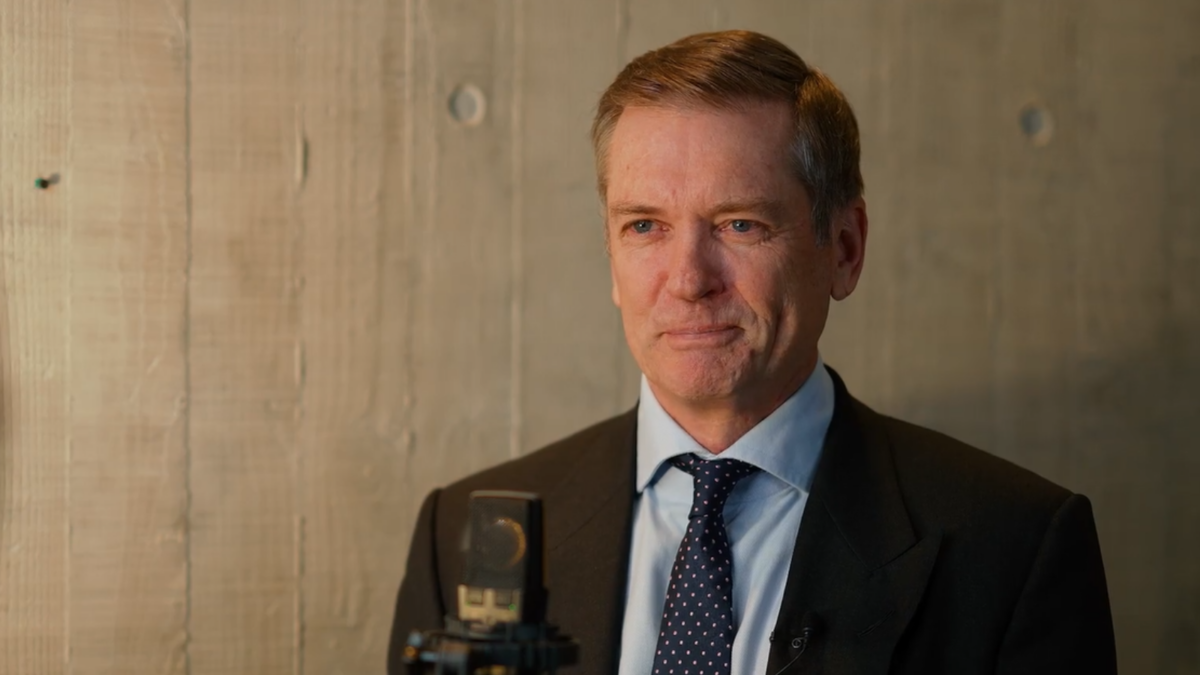abrdn doubles-down on China shares, flags inflation peak
Gerry Fowler, investment director of multi-asset strategies at abrdn, says everyone will have experienced inflation in some shape or form by now; be it energy bills, food, groceries or the price of cars, inflation is here to stay.
“Inflation was considered initially just a purely Covid-related phenomenon. The transport-of-goods inflation went through the roof and was expected to stay. Same thing with energy, it collapsed and bounced, but both those have been consistent due to Delta and Omicron. They became more persistent and then got exacerbated by Russia-Ukraine tensions and gas supplies to Europe.”
“We’re still confident they are going to retrace, but the problem is they’ve been high enough for long enough that the cost of producing goods has gone up, so people want to be paid more. So now you’ve got this creeping threat of inflation into everything, everyday life. That’s the stuff that can be more persistent,” says Fowler.
The problem is, he says, we’ve had rising inflation without policy response. “It’s like what Paul Keating said in the early 90s, ‘the central banks are threatening that we might have to have a recession.’ We might have to bring that growth down to match a new level of sustainable demand; which is a bit worrying because markets have been priced for strong growth for some time now, and having a recession in that time frame would upset things.”
When asked about emerging markets and how they would fare in a rising inflation environment, Fowler says, “Emerging markets experienced inflation much earlier because they’re much more sensitive to inflationary pressures. A good example is Brazil, who were hiking rates some time ago, they’re at 10 pe rcent. China is a slightly different beast. They had a little bit of inflation, but more importantly an opportunity to run very tight regulatory policy. So, in broad EM markets most of the policy tightening is done already, except for China.”
Therefore, the impact can be much more powerful. No one has really focused on easing policy in China which is much more under-priced. Fowler says, “Because we now have policy response, what we call the ‘real yield’ has been rising, and we think it’s going to rise even more. When that happens, a lot of investments that benefited from extremely loose policy, companies that promise a lot of growth in future but make nothing today, they were able to get to high valuations in the market. People were just paying too much because they had free money and they though they were investing in something exciting. Those companies have been hammered.”
There is a preference to move away from profitless companies, Fowler says, and it’s continuing. “Profitless growth has had its day, there’s a valuation normalisation underway and these companies will have to work very, very hard to show profitability and attract capital. But there are ones that are showing profits, such as energy, mining, banks and airlies/autos, that are really starting to show profit growth from really low valuations. We’re moving into those,” says Fowler.
Most investors have been able to generate 10-20 per cent returns even through Covid. Equities is going to be a lot harder sector in which to generate those type of returns.
“Global equities are 65-70 per cent US. We’ve been reducing this exposure and re-positioning into non-US exposure (UK, European and Japanese) and companies that are value-oriented. Most investors have been able to buy the market and ride a 10-20 per cent wave. In the next decade it’s going to be a lot harder. Investors will need to be a lot more picky in their selection and use sophisticated strategies to generate proper returns in the market,” says Fowler.
After Evergrande looked like defaulting in China, there was a dramatic slowdown in the country, he says. “The CCP refocused on stability and there has been a steady stream of announcements that support that. So it hasn’t caught the markets’ attention yet, but what China has to do to regain stability, is a fair bit. This caused high-yield bonds to become really cheap, because investors thought China would default.
Where should investors look to invest?
Fowler says, “As long as China ring-fences its problems, high-yield bonds across Asia are going to be money good. Sit and wait. Chinese ‘A’ shares are cheap and much cheaper than the rest of the world. It’s been a long time since Chinese shares have been cheaper than US. Generally, we don’t think markets will experience a broad decline, they will stumble through. Value-type companies outside the US are poised to win. Commodities, particularly energy, is the other area (into which) we have positioned the portfolio.”











